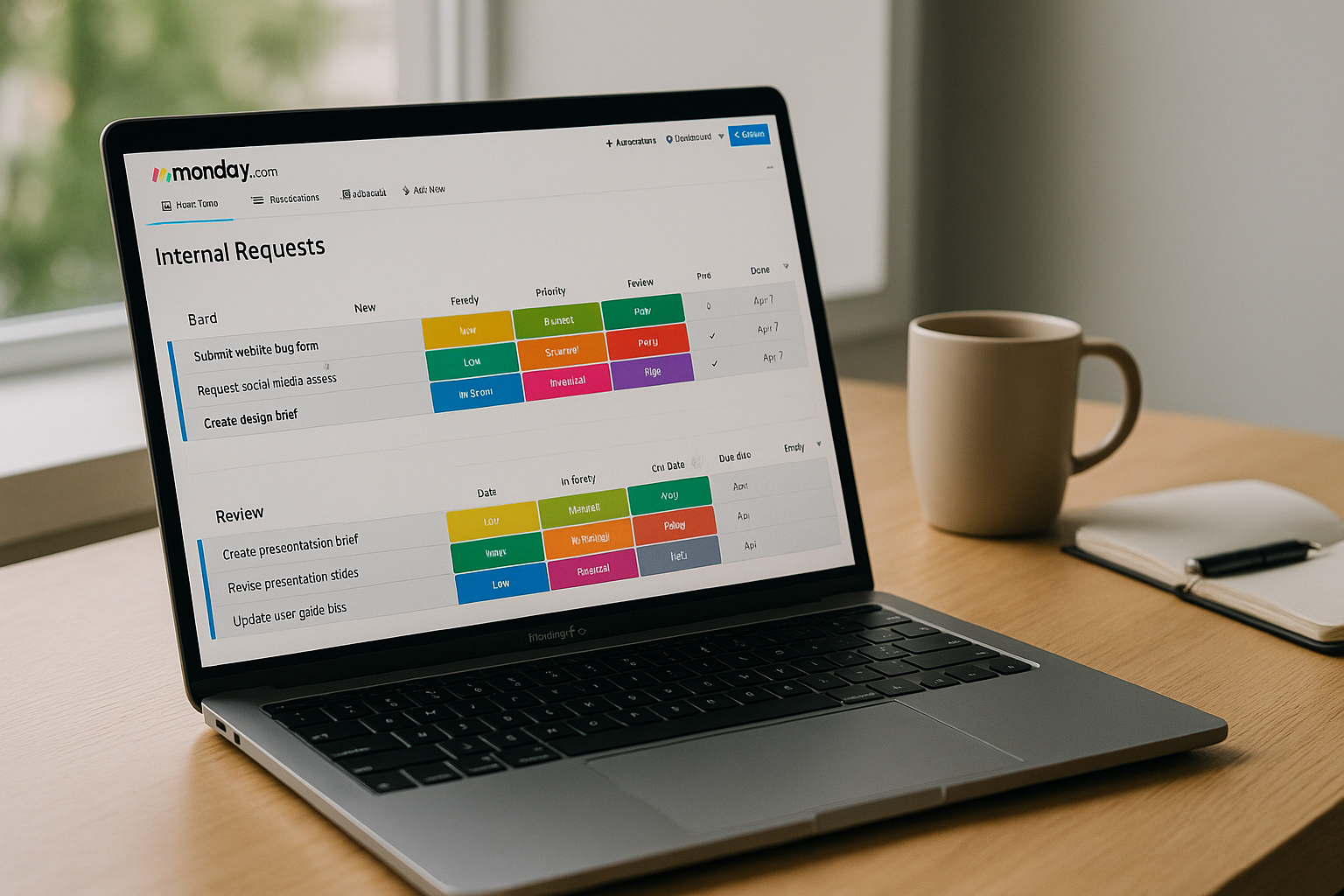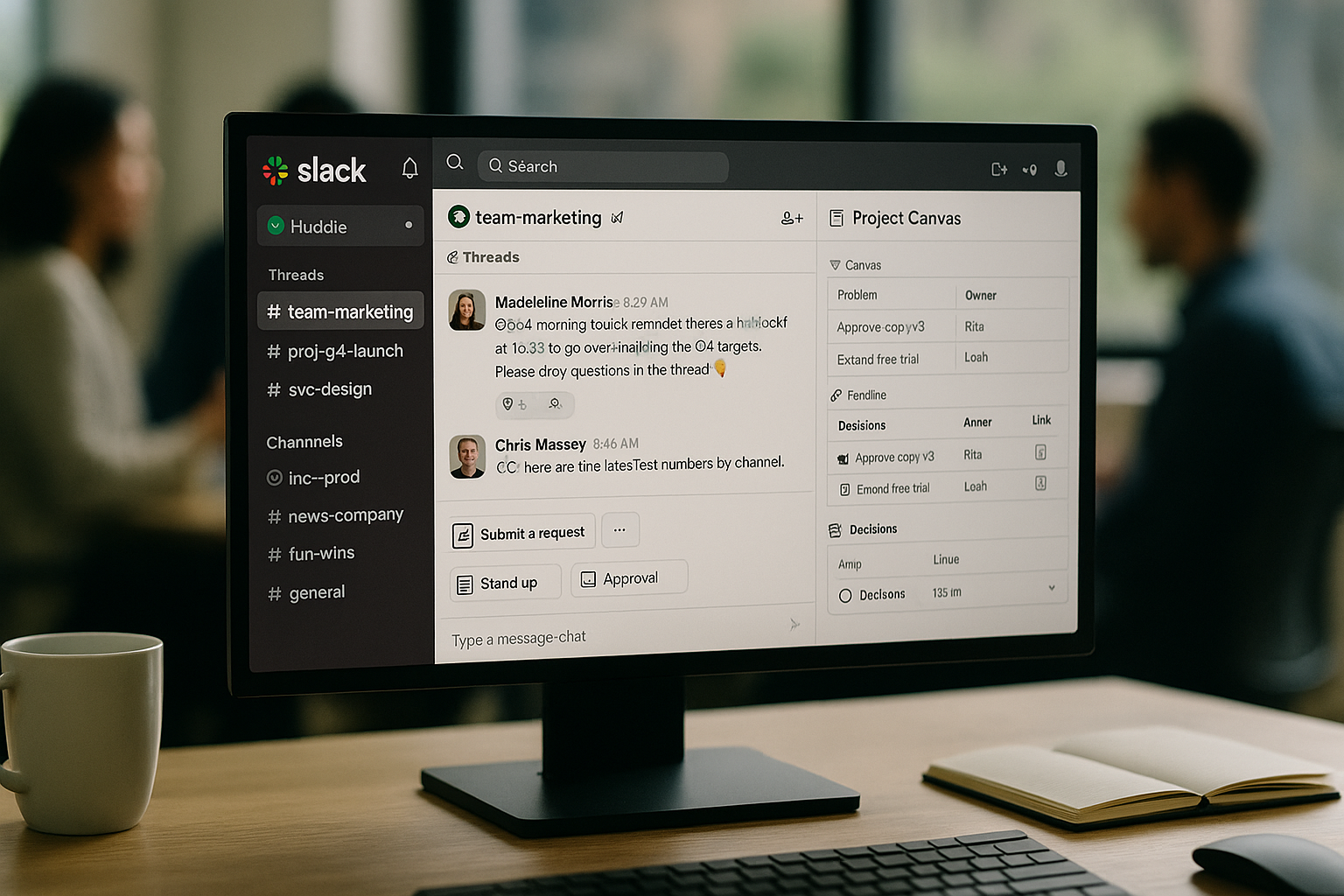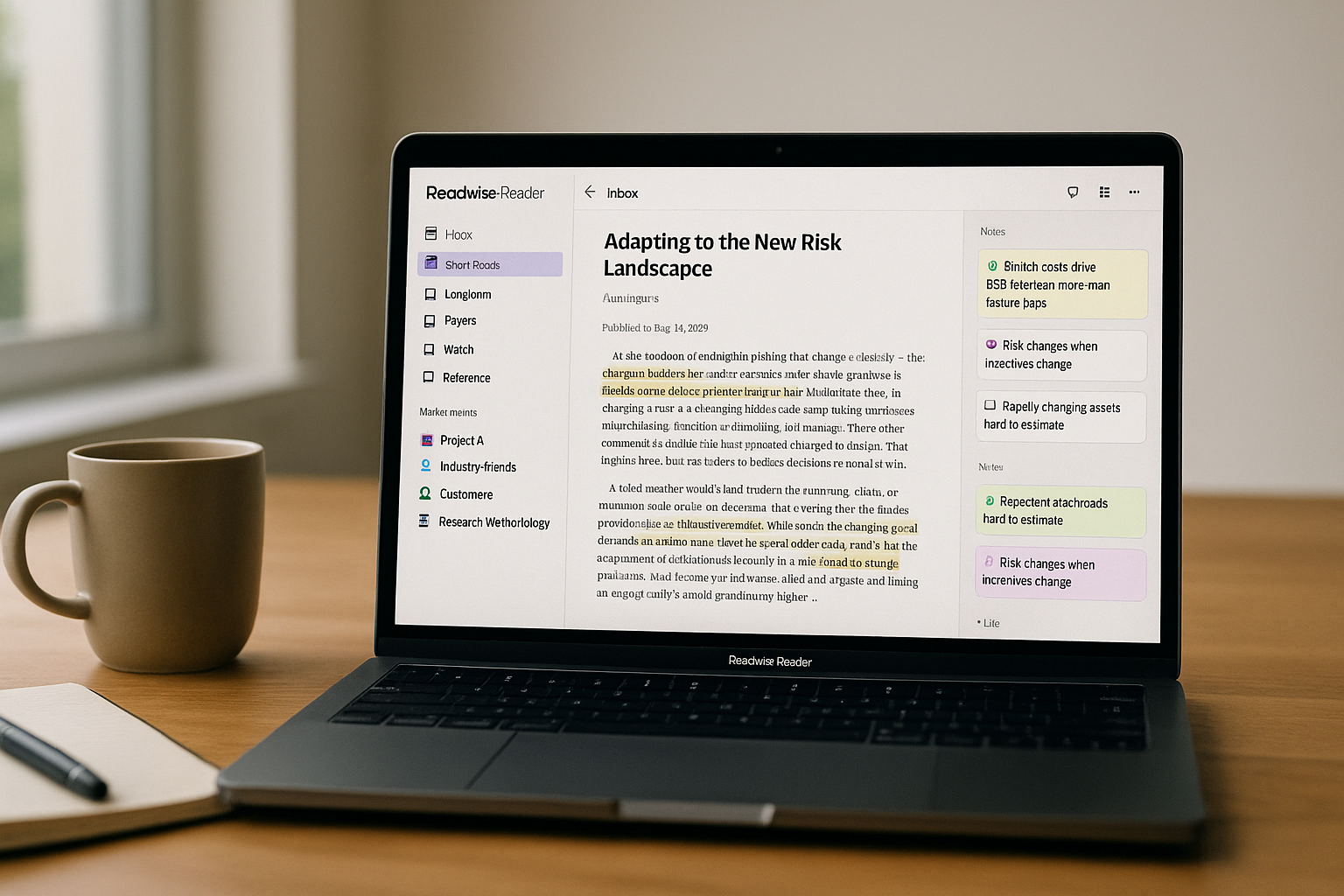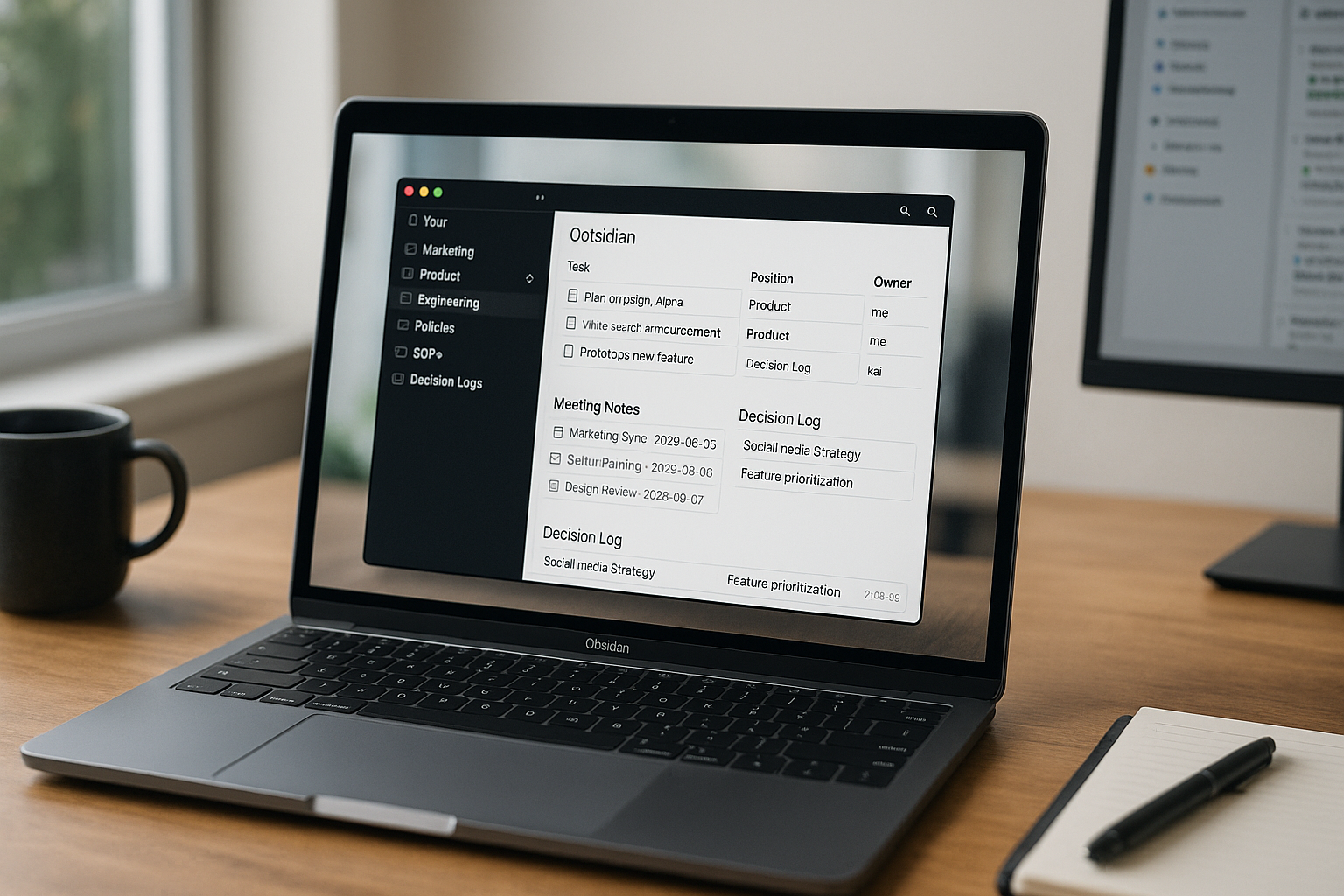Front as Your Team’s Shared Inbox OS: Rules, Tags, SLAs, and Collaboration That Scales
Email is where customer reality shows up—questions, renewals, bugs, press, invoices, everything. The problem isn’t that email exists; it’s that most teams treat it like a personal tool with ad-hoc forwarding and CC trees. Front turns email (plus chat, SMS, WhatsApp, forms, and social DMs) into a shared operating surface: one inbox, clear ownership, fast … Ler mais









